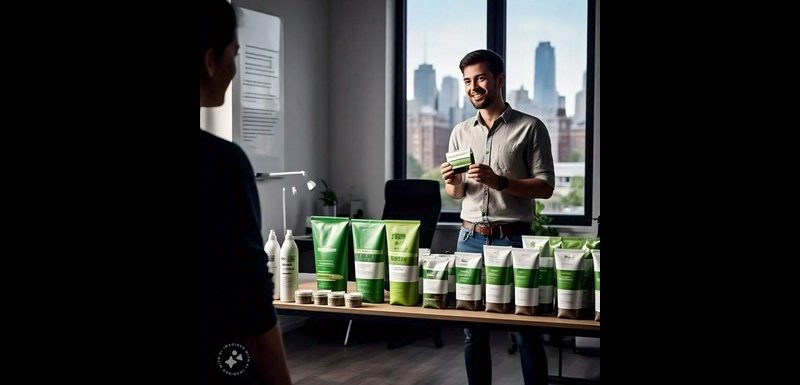There is no doubt in the fact that the synthetic fertilizers have revolutionized the crop yields and productivity. However, a very few people know its harmful effects they have added to our life.
People are looking for environment friendly alternatives ever since they have realized the harmful effects of using synthetic or chemical fertilizers. The harm caused by the application of chemical fertilizers is way bigger than the benefits they provide to us. Their use brings reduction in soil biodiversity as they make soil unable to retain a vast diversity of nutrients. Chemical fertilizers also make soil acidic, cause water pollution, and add toxicity that in turn negatively affects the activity of soil organisms.
Starting an organic fertilizers making business is a great intiative to limit the further damage caused by synthetic fertilizers, making it possible to check water and soil pollution and making health issues not to sprout in our life. Entrepreneurs who look for starting an eco-friendly business are the best people who may like the idea of tapping this market opportunity in their localities.
The production of organic fertilizers means a lot not only to our health but also for our environment. People won’t suffer from health issues and nor will water and soil will be exposed to different pollution. However, making organic fertilizers demand long time preparations that span for 2- 3 months before getting ready for distribution. Patience plus perseverance after from some amount of startup costs are important to find success in this business.
The making of organic fertilizers is a time consuming process. It takes around 2- 3 months of time to prepare the finished product and it’s production goes through various steps starting with raw materials selection, composting, manure processing, fermentation, grinding mixing and ends with packaging 📦. Let’s explain all these steps one by one so that entrepreneurs who wanted to start an organic fertilizers startup learn the process of production.
- Raw material selection takes care of selecting plant and animal byproducts, fishmeals, bones, manure, etc.
- Composting is about using microorganisms to break down raw materials selected for the process.
- Manure processing involves using cow or horse manures to reduce pathogens.
- Fermentation ensures further breakdown of raw materials.
- Decomposed raw materials are grinded and mixed into a paste.
- Packaging is the final step that ensures packing of organic fertilizers and distribution to the customers who are most likely farmers.
Entrepreneurs who don’t mind doing this business will require a number of equipment that is used in the production of organic fertilizers and some important equipment includes – composting equipment, mixing and grinding equipment, fermentation and granulation equipment and lastly packaging equipment to ensure packing of products before sent for sale to the market.

